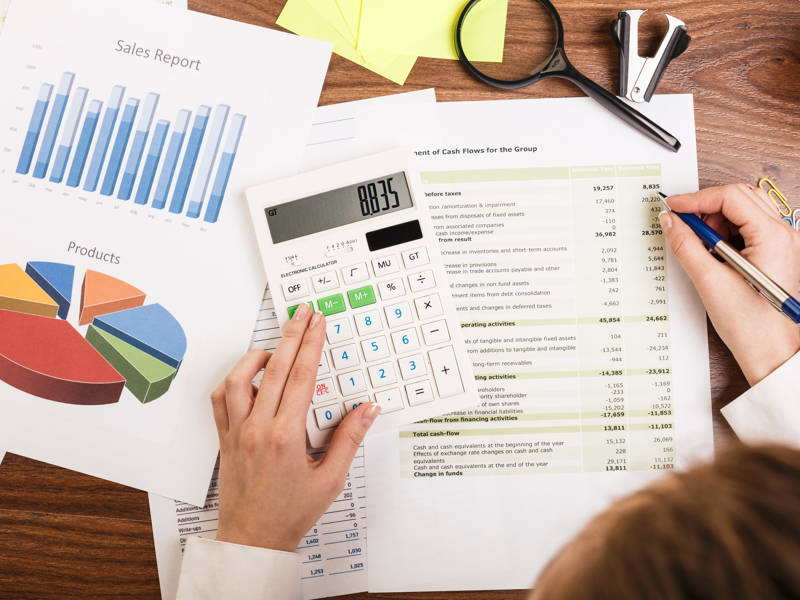A Level Economics
Course Code: Q100085
Key Information
Course type:
A Levels
Campus:
Sixth Form Campus
Start Date:
07 Sept 2026
Duration:
2 years
Attendance:
Full-time
Fees:
Free

A Level Economics is a well-established and highly regarded academic subject, that’s an excellent partner to A Levels in politics and business. It provides great opportunities for research and discussion of some of the major challenges facing Britain and the world today, delving into two areas – microeconomics and macroeconomics.
In microeconomics, we’ll focus on individuals and firms and seek to answer questions such as, how can we reduce plastic pollution? Or do taxes on cigarettes work? In macroeconomics, we’ll look at national and international economies and attempt to answer questions such as, why is inflation so high? Or how can we tackle the UK's national debt?
This course will improve your analytical and communication skills. Economists must be able to review data, observe patterns, and draw logical conclusions. They must be able to explain their work to others, and this course will improve your critical thinking skills.
You can take part in the Enterprise Academy, Unloc, which supports business knowledge and entrepreneurial skills. You’ll also be supported to set up your own personal enterprise or business.
A minimum of five GCSEs at grade 4 or above, including a grade 5 or above in GCSE maths and English. It is strongly recommended that you enrol on core maths to support you on your A Level Economics course.
You are expected to attend all timetabled lessons, including tutorial. You will have a 9.55am start, one lesson in the morning, one in the afternoon and a guaranteed 4.00pm finish. You will also have at least one morning and one afternoon per week free for private study.
You will have to take three exams, which you will sit at the end of your second year. There is no coursework as part of this A Level.
Upon successful completion of the AQA A Level Economics course, you will be well prepared for diverse academic and professional pathways. You could move on to a degree in economics, business, finance, or related fields, explore entry level positions in finance, banking, consulting, and government, or seek internship opportunities to apply theoretical knowledge in practical settings.
Your future career could be as an accountant, actuary, bookkeeper, budget analyst, business manager, credit analyst, financial analyst, management analyst, teacher or lecturer.
A Level Economics
You may also be interested in
Related Features
Event 06-05-2026
Adult and Vocational Open Event
See for yourself the exciting opportunities available to you by coming along to our next open event, held at our Highbury and North Harbour Campuses from 4.30-7.30pm on Wednesday, 6 May.
NEWS 21-11-2025
City of Portsmouth College and Hallmark Jewellers forge special partnership
A Level Business students at City of Portsmouth College have gained precious industry experience after a gem of a challenge led to paid marketing.
NEWS 17-09-2024
Among the leaders in hospitality and events
Our own Jo Chaffin was among 40 women in leadership who gathered at the Club House in Southsea to talk about influencing and driving impactful change in hospitality and events. The networking event was organised by Samantha McGrath from Heard About Sam Ltd in conjunction with Portsmouth South MP Stephen Morgan.
NEWS 17-09-2024
The sun shone for our glorious graduates
Glorious sunshine graced the stunning surroundings of Portsmouth Cathedral for our 2024 graduation ceremony. A total of 22 adult learners were there with their families and friends to mark the successful completion of their higher education courses.
NEWS 17-03-2025
Politics students back from dream US trip
A group of A Level Politics students are back from a fantastic six-day residential study trip to Washington DC. Lecturer Steve Fitzgerald tells us all about it.
NEWS 11-02-2025
Abbey Road visit hits the right note
A group of Music Technology students have had an amazing trip to London’s legendary Abbey Road Institute.












